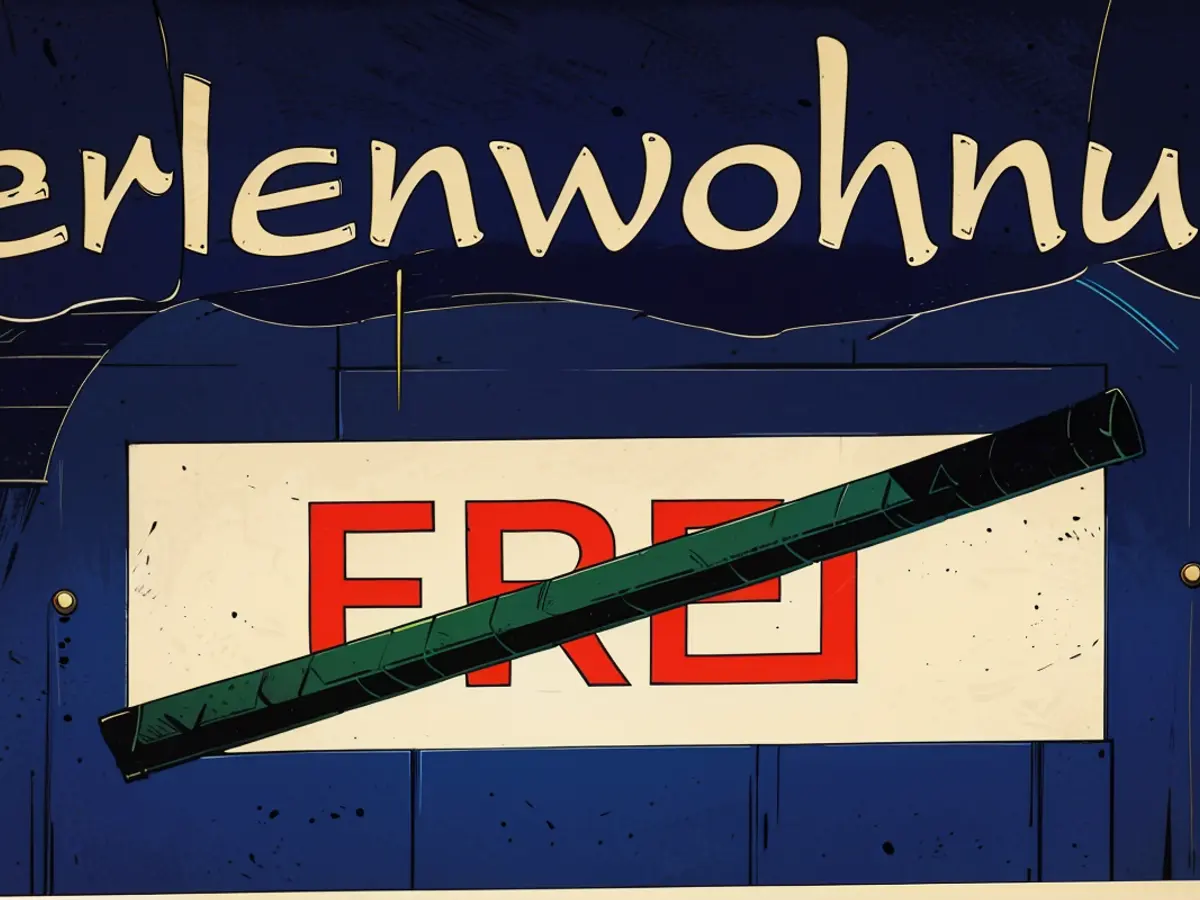- Housing protection legislation in MV falls through
Three years ago, the state legislature in Schwerin passed a law prohibiting the transformation of apartments into vacation rentals in certain areas, particularly those with limited affordable housing. Although municipalities can now prohibit such conversions through ordinances, the law remains largely unused as of June 2024, according to the state government's response to a query by independent state parliamentarian Eva Maria Schneider-Gärtner.
The reasoning behind the government's inaction in enforcing the law remains unclear, despite the rampant housing shortage in many vacation regions. The state government's response merely states that the purpose of the law was to enable municipalities to enact specific use ordinances, a goal it claims to have achieved through Mecklenburg-Vorpommern's purpose-use law.
Practicality concerns
The Association of Cities and Municipalities criticizes the law's impracticality, citing high hurdles and significant bureaucratic efforts involved in enacting an ordinance to prevent apartment conversions. They argue that the existing housing crisis cannot be alleviated through such measures.
Extensive data collection and monitoring obligations are among the numerous challenges the law poses, and a municipality can only enact an ordinance if there are no economically viable alternatives to address the housing shortage in the foreseeable future. This requirement will only be clarified in the event of a legal dispute over a permit denial for apartment conversion.
CDU: Repeal the law
According to the Association of Cities and Municipalities, illegal conversions of permanent apartments into vacation rentals are prevalent in tourist-dominated municipalities. They argue that the purpose-use law of Mecklenburg-Vorpommern is an ineffective solution to this problem.
The CDU opposition in the state parliament proposes repealing the law over concerns that it creates unnecessary bureaucracy. The party leader, Daniel Peters, maintains that the state government should have recognized that preservation ordinances based on a federal law were already in effect in Rostock.
SPD: Offer, not requirement
While the SPD supports keeping the law, it views it as an option rather than an obligation for municipalities. Rainer Albrecht, the deputy parliamentary group leader of the ruling party, explains that municipalities should be provided with the opportunity to protect their housing. The law, Albrecht argues, provided such an opportunity without creating additional bureaucracy, but rather establishing security mechanisms to aid municipalities in potential legal disputes.
The ongoing housing shortage in vacation regions further highlights the need for the state government to address the impracticality of the law, as cited by the Association of Cities and Municipalities. Despite the law's objective to enable municipalities to enact specific use ordinances, the high hurdles and extensive data collection requirements make it challenging for municipalities to effectively prevent apartment conversions.
The law's practical challenges, coupled with its perceived ineffectiveness in dealing with illegal conversions, have led the CDU opposition to propose its repeal, aiming to minimize unnecessary bureaucracy.








